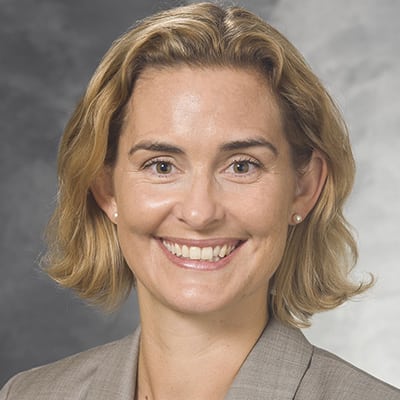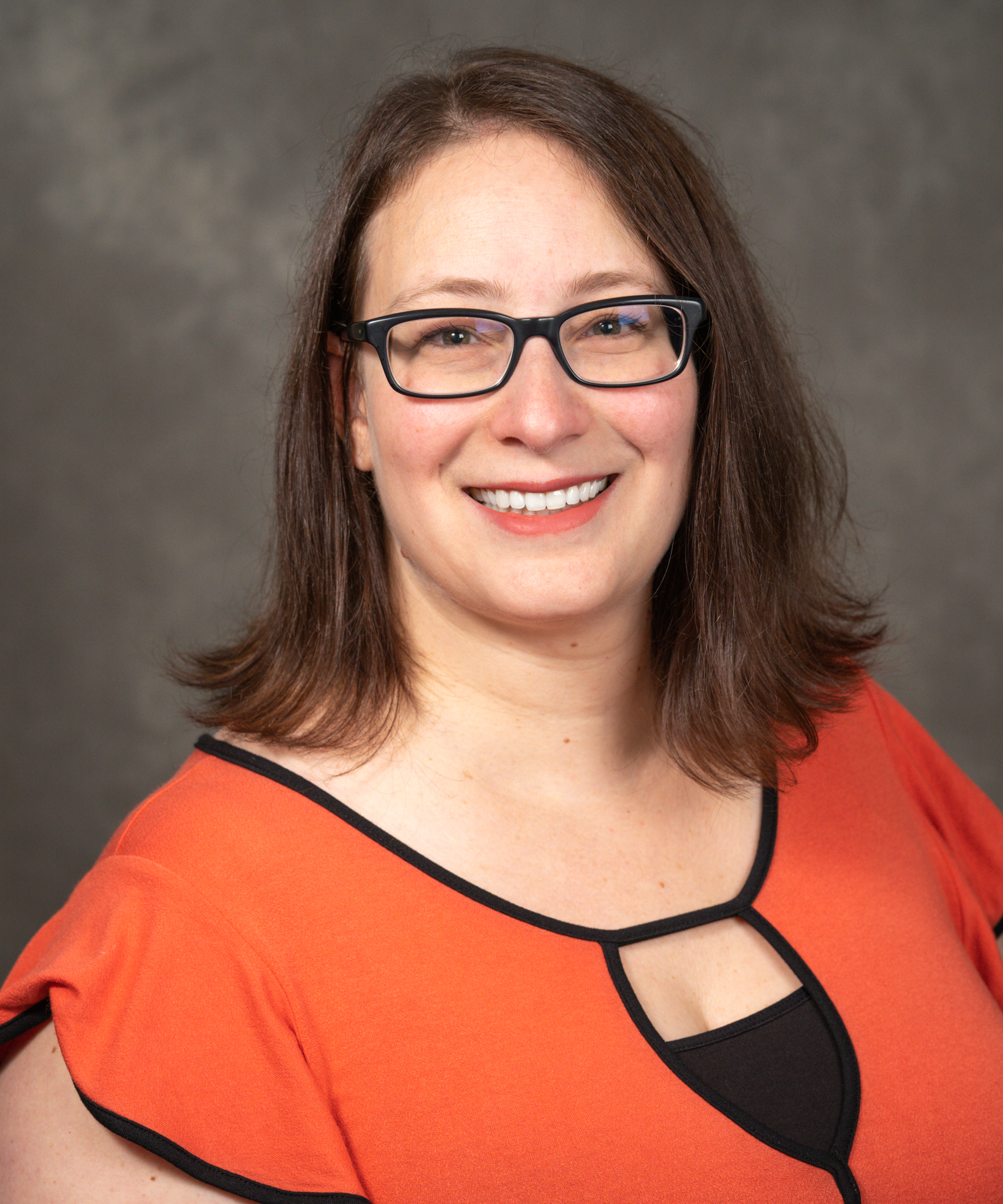Colonoscopy Toolkit
The toolkit includes the colonoscopy card, action plans, worksheets, recommended readings, and more.
Quality Initiative Summary
View the initiative summary to learn why SCW started this initiative, what we are trying to change in practice, and how we will implement the changes.
Events & Resources
Check here for upcoming events related to the colonoscopy initiative, resources that we think would be beneficial for our members, and more.
The Problem
- Despite the critical role of colonoscopy in reducing the burden of colorectal cancer, people living in rural areas have reduced access in their local communities due to provider shortages.
- Colonoscopy is a cornerstone of many rural surgical practices, representing the second
most commonly performed procedure and an estimated 40% of a rural general surgeon’s
practice. - Rural hospitals in Wisconsin report currently operating at ~80% capacity for colonoscopy
procedures, with maximum capacity defined as the number of procedures a hospital can
perform without additional resources. - SCW’s Rural Task Force, which is made up of general surgeons practicing in rural
Wisconsin, identified colonoscopy as a high priority target for quality improvement for the
following reasons:- Hospitals often do not have measurement capabilities in place to continually assess
and monitor the quality of colonoscopy procedures. - Current continuing education and training opportunities often require travel, which is
a significant barrier to participation.
- Hospitals often do not have measurement capabilities in place to continually assess
How will SCW help?
- Develop a learning management system platform that promotes remote collaborative
learning and interaction between colonoscopy providers around the state:- Access to webinar sessions and up to date best practices and guidelines, with topics
prioritized by participating surgeons. - Opportunities for interactive problem solving and brainstorming between providers for challenging cases
- Access to webinar sessions and up to date best practices and guidelines, with topics
- Offer targeted in-person opportunities for hands on training, including exposure to new
technology and techniques through vendor exhibits and interactive presentations and
workshops. - Provide guidance on data collection for three AHRQ-endorsed electronic medical record-
based colonoscopy quality measures (adenoma detection rate, withdrawal time, and cecal
intubation rate) that minimizes the need for manual data abstraction.
Interested in Participating?
- We welcome participation by surgeons and other providers who perform colonoscopy
procedures in rural settings. - To fully participate in SCW, a Participating Hospital/Facility Agreement must be signed.
For more information, please contact us: info@scwisconsin.org
Initiative Leaders


Why Colonoscopy?
Location
Despite the critical role of colonoscopy in reducing the burden of colorectal cancer, people living in rural areas have reduced access in their local communities due to provider shortages.
Colonoscopy is a cornerstone of many rural surgical practices, representing the second most performed procedure and an estimated 40% of rural general surgeons’ practice.
Evidence-based guidelines have impact
The Surgical Collaborative of Wisconsin’s (SCW’s) Rural Task Force, which is made up of general surgeons practicing in rural Wisconsin, identified colonoscopy as a high priority target for quality improvement because: (1) hospitals often do not have measurement capabilities in place to continually assess and monitor the quality of colonoscopy procedures and (2) current
continuing education and training opportunities often require travel, which is a significant barrier to participation.
Ensure equal access to high-quality colonoscopy
The learning management system (LMS) provides collaborative opportunities for colonoscopy providers around the state of Wisconsin to access webinar sessions, discuss best practices and
up-to-date guidelines, brainstorm challenging cases with other providers, and introduce new procedural techniques and technologies via vendor exhibits and interactive workshops.
